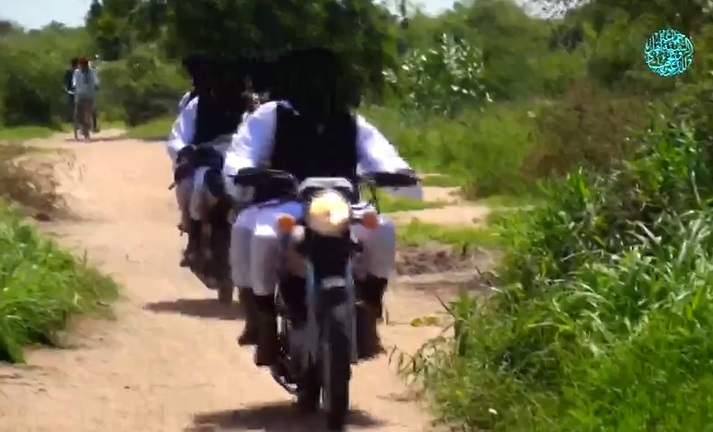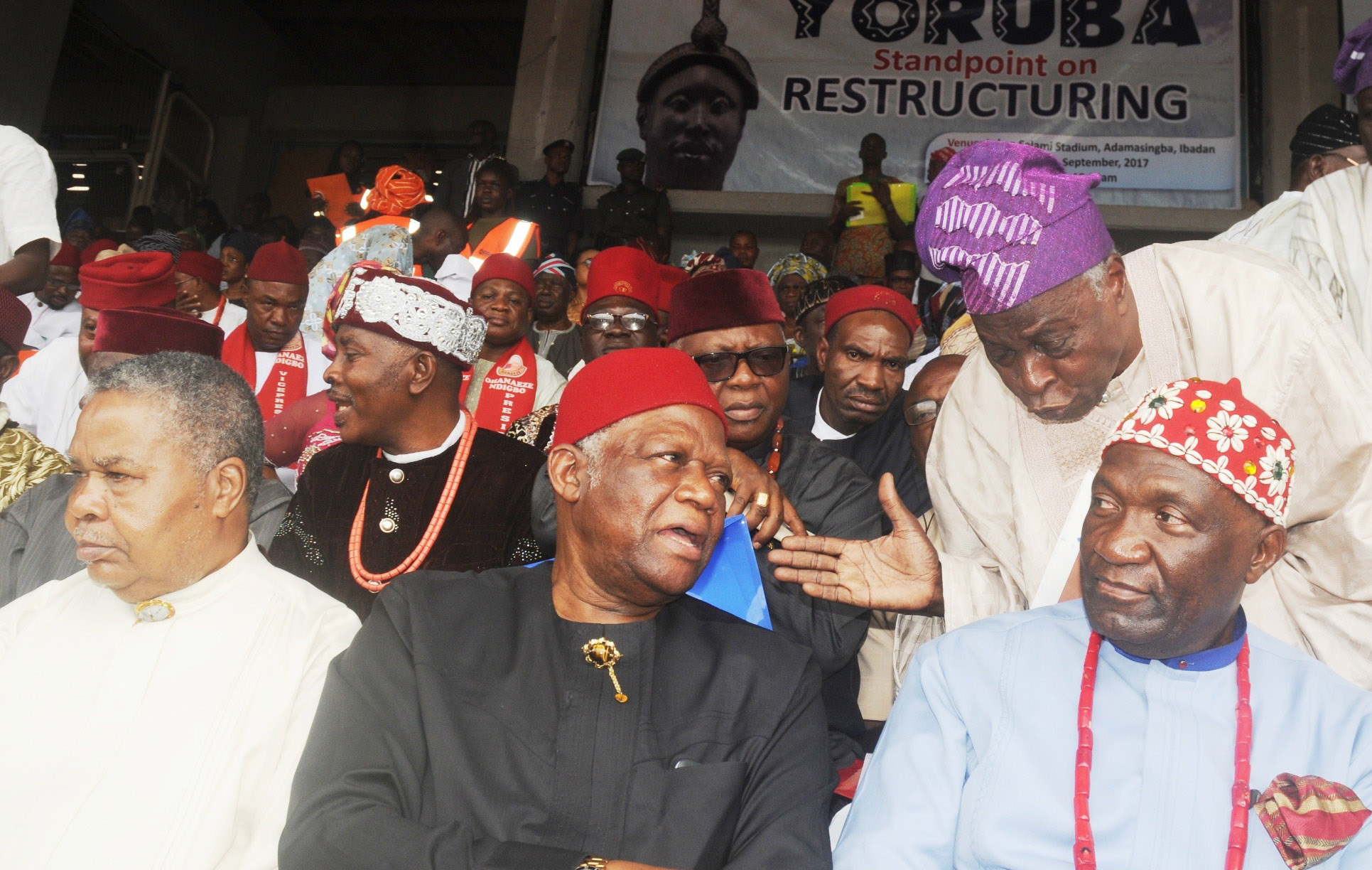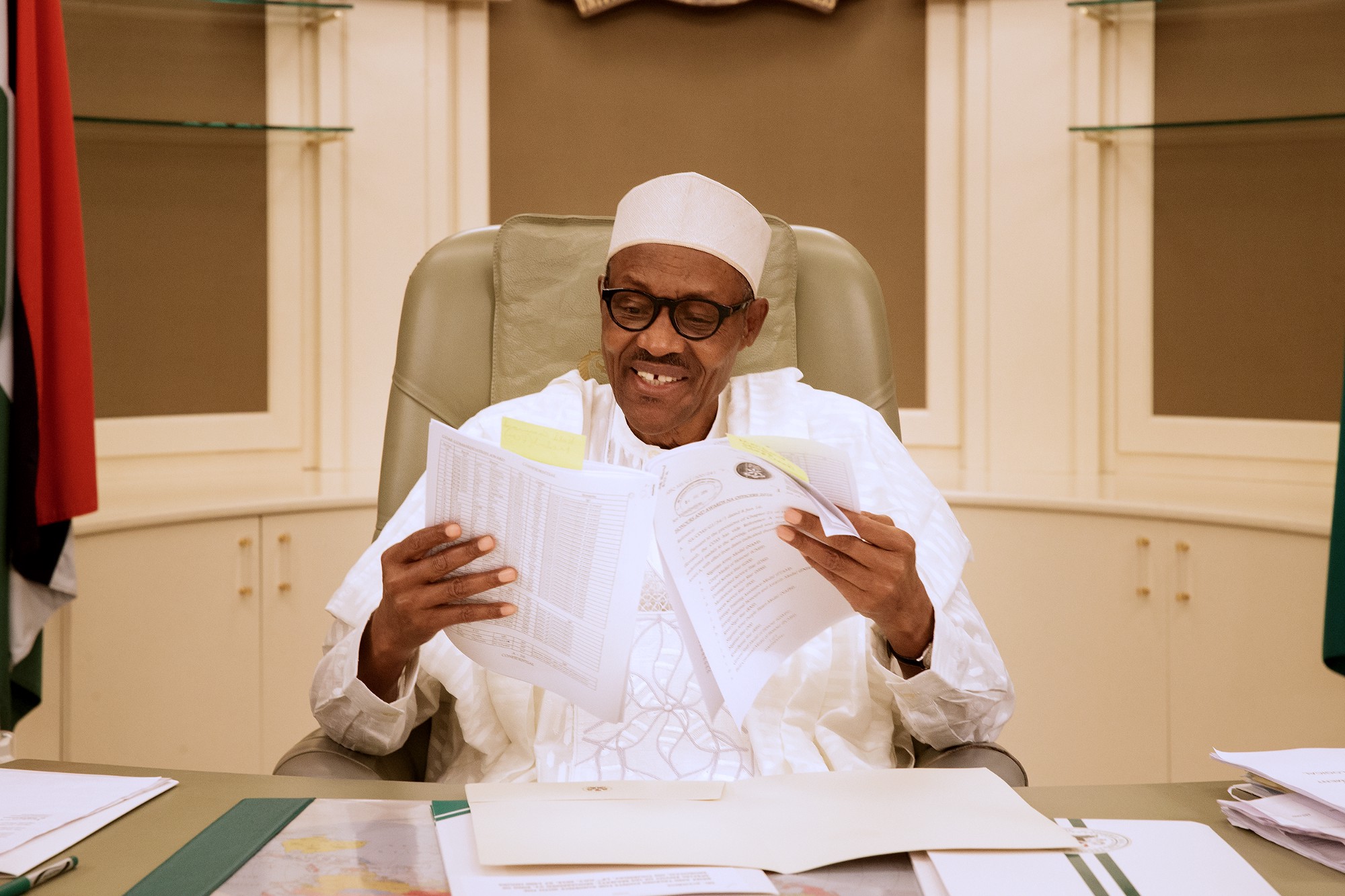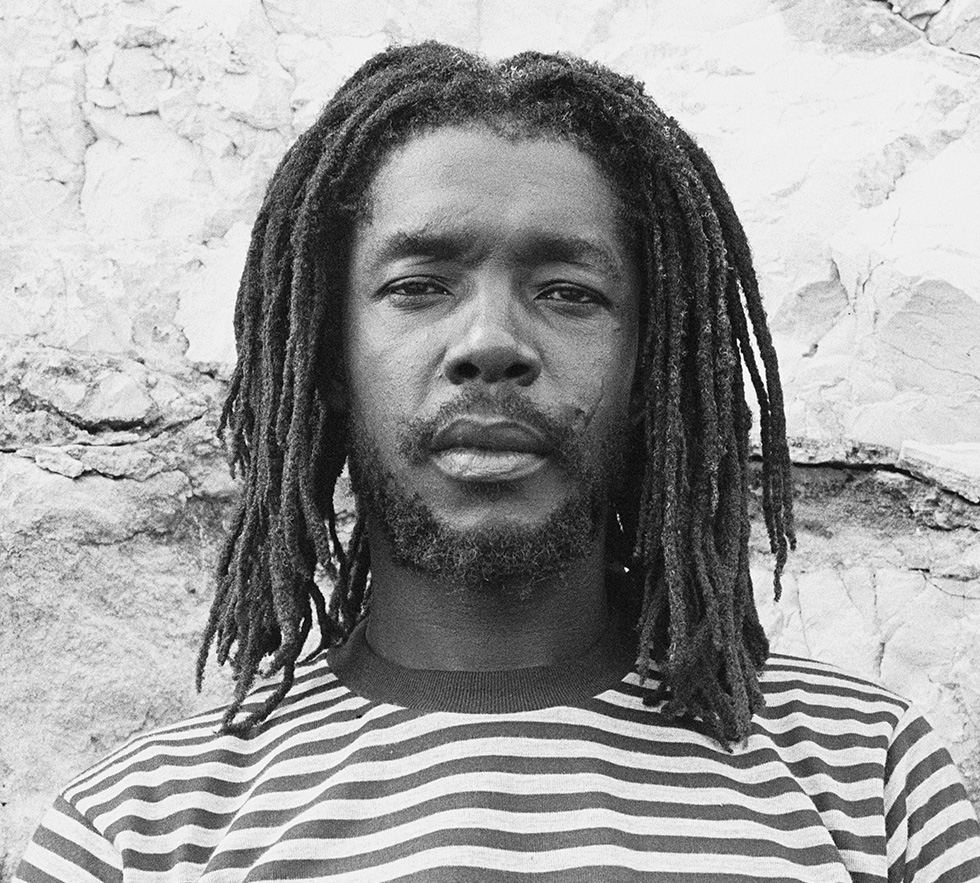Boko Haram Insurgents
The hint given on Sunday, by Vice-President Yemi Osinbajo that Boko Haram might continue to get the best of soft targets for some time to come bears, with it, a lot of anxiety.
Osinbajo, while hosting the 2017 Eid-el-Kabir lunch, on behalf of President Muhammadu Buhari, was quoted as telling guests that: “… I explained to the foreign minister that we are still going to experience these attacks because of the vast area that we are dealing with. I said that the North-East is equivalent of the whole of the United Kingdom plus Denmark or Switzerland. So, we are dealing with a vast country…”
That was, and still is, no comforting news by any means.
I understand that expressing this worry may come across as being unappreciative of the Vice President’s candour. Those who hold that sentiment would not be entirely wrong. After all, honesty is a fundamental prerequisite of effective leadership and it has never really been a strong point for Nigerian leaders. So, now that we have found people who do not mince words, we should thank the heavens for our good luck.
Advertisement
But coming with saying and hearing the truth is a commensurate affecting the mind. This is why they say there is bliss in ignorance. The moment the truth of a situation is revealed to you, your mind dwells on it with involuntary tenacity and when it is not good news, the fear of the uncertainty of it all paralyses. Even in telling the truth therefore, especially when such information concerns the safety of the lives of people, leaders must exercise considerable restraint and discretion.
Let me make it clear that this intervention is not about finding holes in Osinbajo’s red flag to Nigerians. It seems to me that our people have by themselves come to the conclusion that there are a lot of things they would never understand about the Boko Haram insurgency. Having arrived at that point, Nigerians also seem to have made allowances for all the surprises that may spring up. However, government’s assurances of the “technical defeat” of the insurgents, the testimony of governors as well as the visible efforts made to resettle hundreds of people gave hope that we might soon see the end of the incessant attacks of the terror sect. I do not think that the alarm of an interminable situation was in our contemplation at this point in time.
Of course, one understands the difficulties that the guerrilla tactics that Boko Haram has brought upon the Northeastern part of Nigeria for almost one decade now. Osinbajo himself alluded to this when he spoke about the vast area within which the insurgents operate. The information he provided on that day only raises questions about how much Nigeria stands to gain from its military offensive against the sect.
Advertisement
Even without the peculiarities of this particular terrain, military confrontations are never the ultimate solution to insurgencies and this can be corroborated by examples from all over the world.
Like we have in Nigeria, most insurgencies are trigged by socio-political disaffection. Jonathan Powell, the British diplomat who served as chief British negotiator on Northern Ireland, argues in a paper entitled, Security is not enough: Ten lessons for conflict resolution from Northern Ireland, that if there is a political problem at the root of a conflict, there has to be a political solution to it. Powell quotes Hugh Orde, a former Chief Constable of Northern Ireland, as saying: “There are no examples anywhere in the world of terrorist problems being policed out.” There must, at some point, be some political solution as is evidenced in the Northern Ireland “troubles” which was effectively on for almost four decades before settlement was reached.
Of course, Powell and Orde do not suggest that security measures have no place in dealing with insurgencies as they argue that without “security pressure, insurgents will find life comfortable and have no incentive to make the tough decisions necessary for peace.” But the point remains that “security pressure by itself without offering a political way out will simply cause the insurgents to fight to the last man.”
So, why is Nigeria insisting on fighting it out with Boko Haram when it is knows that victory, if it will come at all, will be long in coming and consume uncountable lives like we have seen in the seeming resurgence of the past couple of weeks?
Advertisement
Of course, it is commonly said that democratic governments do not negotiate with terrorists but that is a very debatable position. I reckon that what should be uppermost in the mind of every responsible government is the survival of the state. Governments therefore negotiate secretly through back door channels. That was how negotiations went on between the British and the Irish for well over two decades before an agreement was reached. Israel with its definite hard posture against terrorism signed the Oslo Accord with the Palestine Liberation Organisation in 1993.
Even the Nigerian government negotiated the release of 82 Chibok girls from this same Boko Haram and this leaves questions about why we should continue to fight this war when we have had reason to negotiate with the group at one time or the other. As the battles rages on the field therefore, we should consider some political solutions which will bring this situation to an end and save the lives of Nigerians.
But while we are at solving the current dilemma that the insurgency has become, a dilemma which made Adamu Kamale, member representing Michika/Madagali Federal Constituency of Adamawa State at the House of Representatives, allege that there was more devastation than is being reported in the area, we must also work towards forestalling a recurrence of groups like Boko Haram. One of this is opening the minds of locals in the affected areas to the deception inherent in the Boko Haram manifesto.
About four weeks back, Director, Army Public Relations, Brig. Gen. Sani Usman, made the shocking revelation that some parents in the North-East still wilfully donate their children to be strapped with Improvised Explosive Devices as their contribution to Boko Haram. This suggests that without such “contributions” coming frequently, it would be impossible for the group to carry out attacks against innocent Nigerians and other soft targets.
Advertisement
This implies that government must, aside from fighting the already indoctrinated members of the group, deliberately initiate enlightenment programmes which involve traditional and religious leaders and aimed at re-orientating parents and discouraging them from patronising or supporting the insurgents in any way.
In addition, we must query the incentives that parents have to make such awkward sacrifices to murderous ventures like that of Boko Haram. Of course, there could be parents who share their sentiments but there is a huge chance that this “generosity” is inspired by some pecuniary motives.
Advertisement
This is why government at all levels must make concert efforts at reducing the overwhelming poverty which affects a higher percentage of Nigerians. Apart from an ideological identification, which usually results from indoctrination, poverty and ignorance are two other reasons why parents would surrender their children to suicidal missions like the Army chief recently speculated. And I imagine that ending the supply of children bombers would impact on the war against the insurgents. And then, we have to engage the children progressively.
Northern Nigeria currently bears the burden of having the highest number of out-of-school children in the world. This is inadvertently preparing another generation of terrorists. And the greatest harm that we can do to the future of Nigeria is to allow these insurgents hand over to another generation which is likely to be more vociferous in their hatred for the nation than the current generation.
Advertisement
One other scary thing about not dealing with the Boko Haram insurgency decisively is the tendency that it may spread to other parts of the country. On the same Sunday that Osinbajo spoke, Governor Abdullahi Ganduje of Kano State talked about the arrest of a number of top suspected members of the group in his state. We have heard of such arrests in other parts of the country in the past.
The truth is that once the North-East becomes too hot for the group, they will seek abode in other parts of the country. Now, if government says the North-East is too vast to police, what happens in the event of having to deal with insurgents all over the country? Of course, an immediate reaction to that would be “God forbid,” but we must put on our thinking caps and terminate such prospects.
Advertisement
Twitter: @niranadedokun
Views expressed by contributors are strictly personal and not of TheCable.
Add a comment







